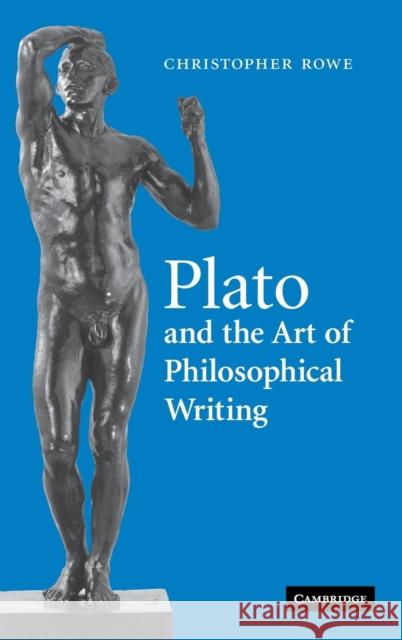Plato and the Art of Philosophical Writing » książka
topmenu
Plato and the Art of Philosophical Writing
ISBN-13: 9780521859325 / Angielski / Twarda / 2007 / 302 str.
Plato and the Art of Philosophical Writing
ISBN-13: 9780521859325 / Angielski / Twarda / 2007 / 302 str.
cena 442,46
(netto: 421,39 VAT: 5%)
Najniższa cena z 30 dni: 362,69
(netto: 421,39 VAT: 5%)
Najniższa cena z 30 dni: 362,69
Termin realizacji zamówienia:
ok. 16-18 dni roboczych.
ok. 16-18 dni roboczych.
Darmowa dostawa!
Major reassessment by a senior scholar of the whole of Plato's work and philosophical approach.











